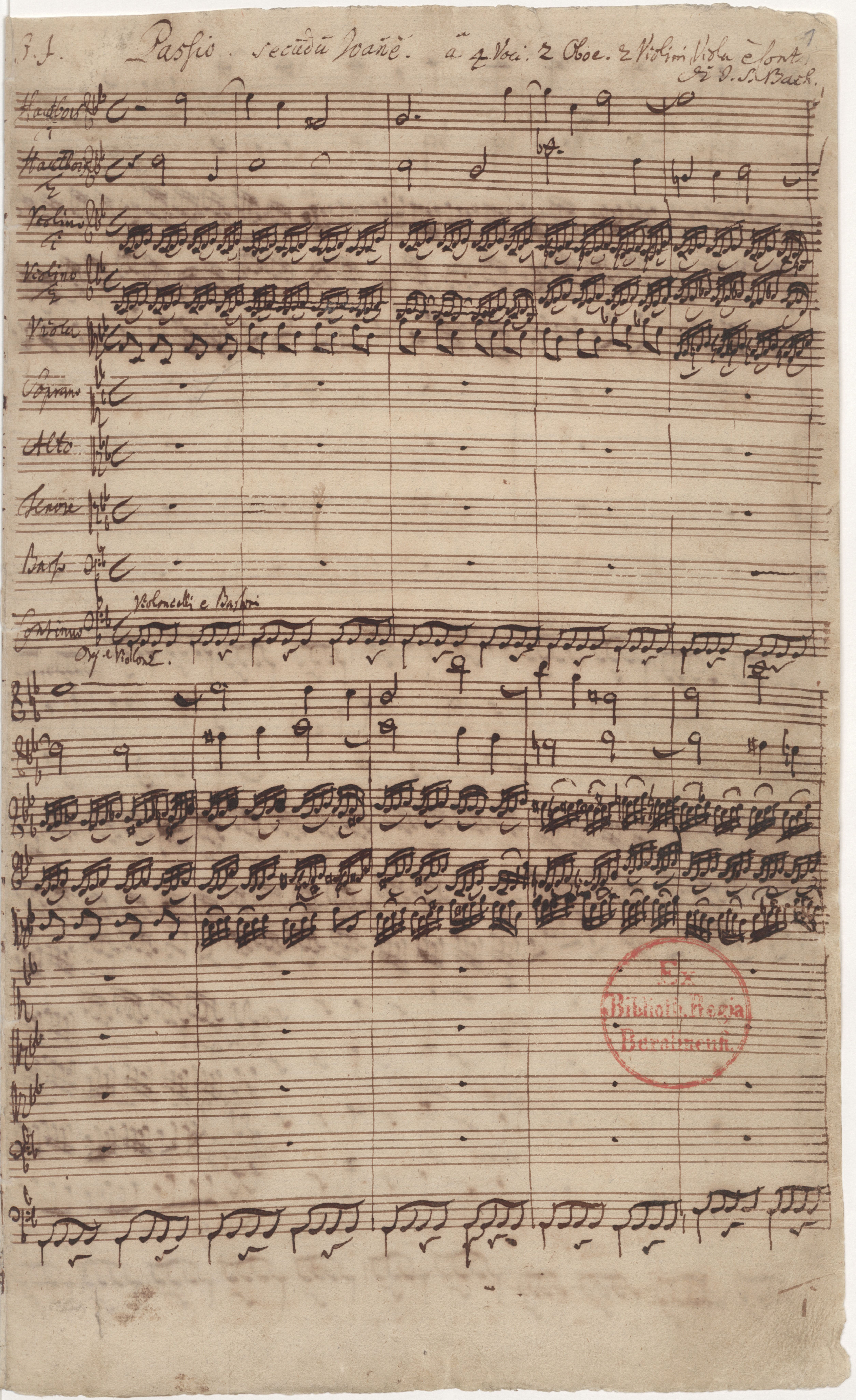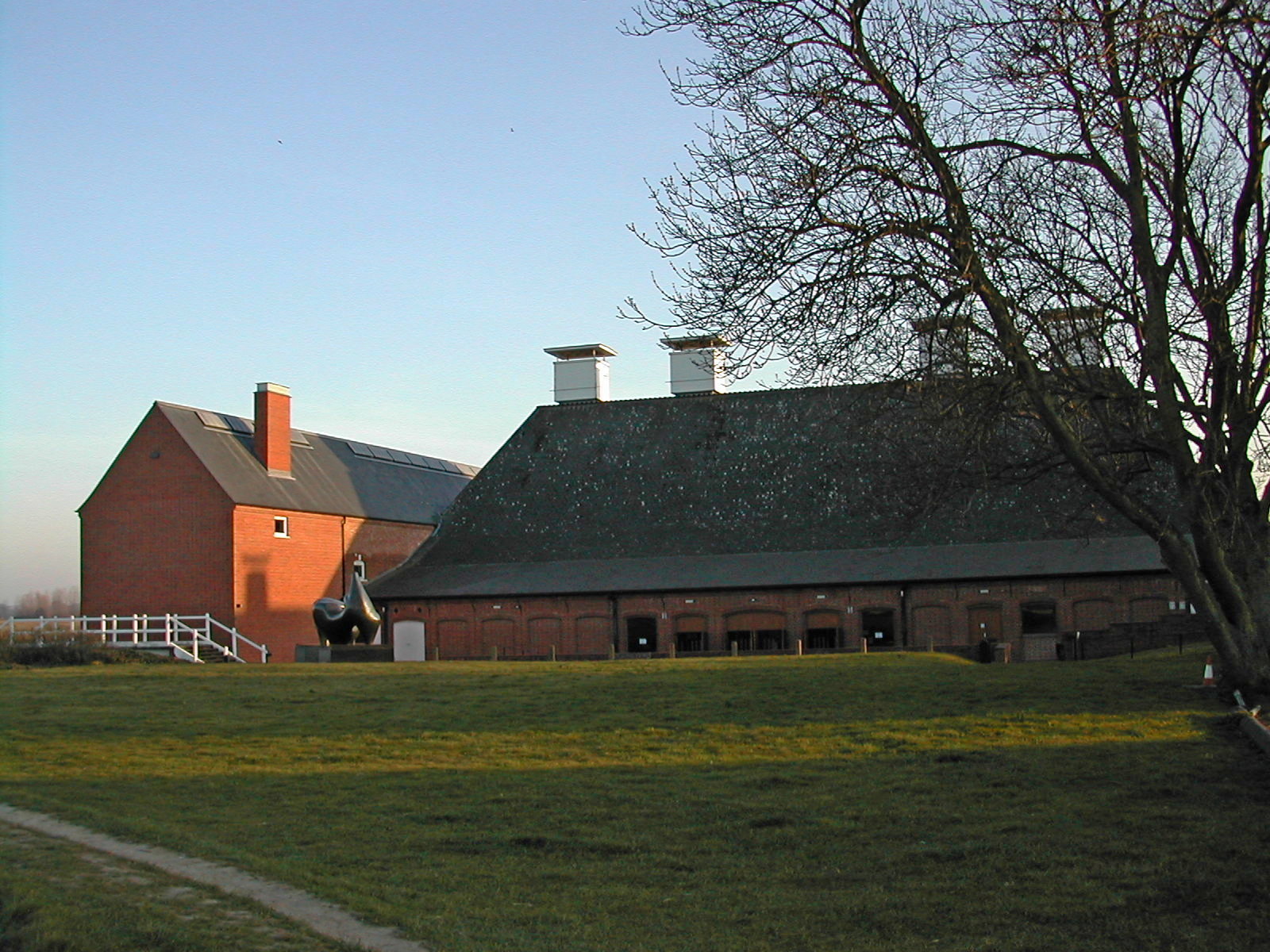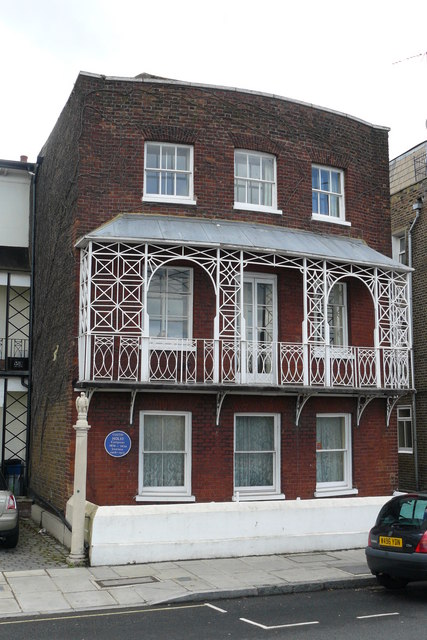|
Peter Graeme
Graeme Peter Crump (1921 – 1 March 2012), known professionally as Peter Graeme and as 'Timmy' Crump to friends and family, was an English oboist and academic teacher. He was best known as the principal oboist of the Melos Ensemble. Career Peter Graeme studied the oboe with Léon Goossens.Bliss. Clarinet Quintet. Oboe Quintet. Melos Ensemble Graeme was the oboist of the [...More Info...] [...Related Items...] OR: [Wikipedia] [Google] [Baidu] |
Shaftesbury
Shaftesbury () is a town and civil parish in Dorset, England. It is situated on the A30 road, west of Salisbury, near the border with Wiltshire. It is the only significant hilltop settlement in Dorset, being built about above sea level on a greensand hill on the edge of Cranborne Chase. The town looks over the Blackmore Vale, part of the River Stour basin. Shaftesbury is the site of the former Shaftesbury Abbey, which was founded in 888 by King Alfred and became one of the richest religious establishments in the country, before being destroyed in the dissolution in 1539. Adjacent to the abbey site is Gold Hill, a steep cobbled street used in the 1970s as the setting for Ridley Scotts television advertisement for Hovis bread. In the 2011 Census the town's civil parish had a population of 7,314. Toponymy Shaftesbury has acquired a number of names throughout its history. Writing in 1906, Sir Frederick Treves referred to four of these names from Celtic, Latin and Eng ... [...More Info...] [...Related Items...] OR: [Wikipedia] [Google] [Baidu] |
English Chamber Orchestra
The English Chamber Orchestra (ECO) is a British chamber orchestra based in London. The full orchestra regularly plays concerts at Cadogan Hall, and their ensemble performs at Wigmore Hall. The orchestra regularly tours in the UK and internationally, and holds the distinction of not only having the most extensive discography of any chamber orchestra, but also of being the most well-traveled orchestra in the world; no other orchestra has played concerts (as of 2013, according to its own publicity) in as many countries as the English Chamber Orchestra. The English Chamber Orchestra has its roots in the Goldsbrough Orchestra, founded in 1948 by Lawrence Leonard and Arnold Goldsbrough. The group took its current name in 1960, when it expanded its repertoire beyond the Baroque period for the first time. Its repertoire remained limited by the group's size, which has stayed fairly consistently at around the size of an orchestra of Mozart's time. Shortly afterwards, it became closely asso ... [...More Info...] [...Related Items...] OR: [Wikipedia] [Google] [Baidu] |
The Turn Of The Screw (opera)
''The Turn of the Screw'' is a 20th-century English chamber opera composed by Benjamin Britten with a libretto by Myfanwy Piper, "wife of the artist John Piper, who had been a friend of the composer since 1935 and had provided designs for several of the operas". Kennedy, Michael, "Benjamin Britten", in The libretto is based on the 1898 novella ''The Turn of the Screw'' by Henry James. The opera was commissioned by the Venice Biennale and given its world premiere on 14 September 1954, at the Teatro La Fenice, Venice. The original recording was made during January of the next year, with the composer conducting. Described as one of the most dramatically appealing English operas, the opera in two acts has a prologue and sixteen scenes, each preceded by a variation on the twelve-note 'Screw' theme. Typically of Britten, the music mixes tonality and dissonance, with Britten's recurrent use of a twelve-tone figure being perhaps a nod to the approach of Arnold Schoenberg. Themat ... [...More Info...] [...Related Items...] OR: [Wikipedia] [Google] [Baidu] |
Vox Christi
Vox (Latin for 'voice') may refer to: Arts, entertainment and media Fictional characters * Vox (DC Universe character), Mal Duncan * Vox, several characters in the anime series '' Lagrange: The Flower of Rin-ne'' * Gleeman Vox, from the ''Ratchet & Clank'' video game series * Vox, a character in the animated web series ''Hazbin Hotel''; see List of Hazbin Hotel and Helluva Boss characters Literature * ''Vox'' (Nicholson Baker novel), 1992 * ''Vox'' (Stewart and Riddell novel), 2003 Music * "Vox" (song), by Sarah McLachlan, 1988 * Vox Records (Germany), a German record label * Vox Records, an American record label Television and radio * VOX (Norwegian TV channel) * VOX (German TV channel) * MAtv, formerly Vox, a Canadian TV channel * Vox, a former satellite radio channel * Radio Vox T, a Romanian radio station * WVOX, a radio station licensed to New Rochelle, New York, U.S. Other uses in arts, entertainment and media * Vox Media, an American digital media company ** ... [...More Info...] [...Related Items...] OR: [Wikipedia] [Google] [Baidu] |
Gwynne Howell
Gwynne Howell (born 13 June 1938) is a Welsh operatic bass, known particularly for his performances of Verdi and Wagner roles. Life and career Born in Gorseinon, Wales, he studied at the RMCM, where he sang Leporello in concert, and Hunding, Fasolt, and Pogner in staged performances. He joined the Sadler's Wells Theatre in 1968, and the Royal Opera House in 1970. He was also a regular guest at the English National Opera and the Welsh National Opera. His roles have included most of the major bass roles of the Verdi and Wagner repertories, such as: Miller, Sparafucile, Ferrando, Padre Guardiano, Phillip II, Landgrave, Hans Sachs, Gurnemanz, etc. He continued into his seventies to sing small roles on stage: Simone in ''Gianni Schicchi'' at the Royal Opera House in 2009 and 2016, Titurel from ''Parsifal'' at the Royal Opera House in 2007 under Bernard Haitink, and Schigolch in ''Lulu'' at the Metropolitan Opera in 2010. Howell took part in the premieres of two of Peter M ... [...More Info...] [...Related Items...] OR: [Wikipedia] [Google] [Baidu] |
Evangelist (Bach)
The Evangelist in the music of Johann Sebastian Bach is the tenor part in his oratorios and Passions who narrates the exact words of the Bible, translated by Martin Luther, in recitative secco. The part appears in the works '' St John Passion'', '' St Matthew Passion'', and the ''Christmas Oratorio'', as well as the '' St Mark Passion'' and the ''Ascension Oratorio Lobet Gott in seinen Reichen, BWV 11''. Some cantatas also contain recitatives of Bible quotations, assigned to the tenor voice. Bach followed a tradition using the tenor for the narrator of a gospel. It exists (and is also often called ''the Evangelist'') in earlier works setting biblical narration, for example by Heinrich Schütz ('' Weinachtshistorie'', ''Matthäuspassion'', ''Lukaspassion'', ''Johannespassion''). In contrast, the vox Christi, voice of Christ, is always the bass in Bach's works, including several cantatas. Music and sources The Evangelist reports in secco recitatives accompanied by basso con ... [...More Info...] [...Related Items...] OR: [Wikipedia] [Google] [Baidu] |
St John Passion
The ''Passio secundum Joannem'' or ''St John Passion'' (german: Johannes-Passion, link=no), BWV 245, is a Passion or oratorio by Johann Sebastian Bach, the older of the surviving Passions by Bach. It was written during his first year as director of church music in Leipzig and was first performed on April 7, 1724, at Good Friday Vespers at the St. Nicholas Church. The structure of the work falls in two halves, intended to flank a sermon. The anonymous libretto draws on existing works (notably by Barthold Heinrich Brockes) and is compiled from recitatives and choruses narrating the Passion of Christ as told in the Gospel of John, ariosos and arias reflecting on the action, and chorales using hymn tunes and texts familiar to a congregation of Bach's contemporaries. Compared with the ''St Matthew Passion'', the ''St John Passion'' has been described as more extravagant, with an expressive immediacy, at times more unbridled and less "finished". The work is most often heard ... [...More Info...] [...Related Items...] OR: [Wikipedia] [Google] [Baidu] |
Aldeburgh Festival
The Aldeburgh Festival of Music and the Arts is an English arts festival devoted mainly to classical music. It takes place each June in the Aldeburgh area of Suffolk, centred on Snape Maltings Concert Hall. History of the Aldeburgh Festival The Festival was founded in 1948 by the composer Benjamin Britten, the singer Peter Pears and the librettist/producer Eric Crozier.Aldeburgh Town Council Retrieved 7 March 2019.Archives Hub Retrieved 7 March 2019. Their work with the (which they h ... [...More Info...] [...Related Items...] OR: [Wikipedia] [Google] [Baidu] |
Imogen Holst
Imogen Clare Holst (; 12 April 1907 – 9 March 1984) was a British composer, arranger, conductor, teacher, musicologist, and festival administrator. The only child of the composer Gustav Holst, she is particularly known for her educational work at Dartington Hall in the 1940s, and for her 20 years as joint artistic director of the Aldeburgh Festival. In addition to composing music, she wrote composer biographies, much educational material, and several books on the life and works of her father. From a young age, Holst showed precocious talent in composing and performance. After attending Eothen School and St Paul's Girls' School, she entered the Royal College of Music, where she developed her skills as a conductor and won several prizes for composing. Unable to follow her initial ambitions to be a pianist or a dancer due to health reasons, Holst spent most of the 1930s teaching, and as a full-time organiser for the English Folk Dance and Song Society. These duties reduc ... [...More Info...] [...Related Items...] OR: [Wikipedia] [Google] [Baidu] |
Gustav Holst
Gustav Theodore Holst (born Gustavus Theodore von Holst; 21 September 1874 – 25 May 1934) was an English composer, arranger and teacher. Best known for his orchestral suite ''The Planets'', he composed many other works across a range of genres, although none achieved comparable success. His distinctive compositional style was the product of many influences, Richard Wagner and Richard Strauss being most crucial early in his development. The subsequent inspiration of the English folk music#Folk revivals 1890–1969, English folksong revival of the early 20th century, and the example of such rising modern composers as Maurice Ravel, led Holst to develop and refine an individual style. There were professional musicians in the previous three generations of Holst's family and it was clear from his early years that he would follow the same calling. He hoped to become a pianist, but was prevented by neuritis in his right arm. Despite his father's reservations, he pursued a car ... [...More Info...] [...Related Items...] OR: [Wikipedia] [Google] [Baidu] |
Richard Adeney
Richard Gilford Adeney (25 January 1920 – 16 December 2010) was a British flautist who played principal flute with the London Philharmonic Orchestra and the English Chamber Orchestra, was a soloist and a founding member of the Melos Ensemble. Career Richard Adeney was born the son of the painter Bernard Adeney (1878–1966).Biography Brimstone Press He was determined early in life, to "become the best flute player in the world", as he stated in his autobiography.Autobiography /ref> He was educated at and subsequently studied at the ... [...More Info...] [...Related Items...] OR: [Wikipedia] [Google] [Baidu] |
Brandenburg Concertos
The ''Brandenburg Concertos'' by Johann Sebastian Bach (BWV 1046–1051), are a collection of six instrumental works presented by Bach to Christian Ludwig, Margrave of Brandenburg-Schwedt, MacDonogh, Giles. ''Frederick the Great: A Life in Deed and Letters''. St. Martin's Griffin. New York. 2001. in 1721 (though probably composed earlier). The original French title is ''Six Concerts à plusieurs instruments,'' meaning "Six Concertos for several instruments". Some of them feature several solo instruments in combination. They are widely regarded as some of the best orchestral compositions of the Baroque era. History In 1721, Johann Sebastian Bach compiled a collection of six concertos and presented it to Christian Ludwig, Margrave of Brandenburg-Schwedt, titled ''Six Concerts à plusieurs instruments'' (Six Concertos for several instruments).Johann Sebastian Bach's Werke, vol. 19: Kammermusik, dritter band, Bach-Gesellschaft, Leipzig; ed. Wilhelm Rust, 1871 Bach wrote out ... [...More Info...] [...Related Items...] OR: [Wikipedia] [Google] [Baidu] |







